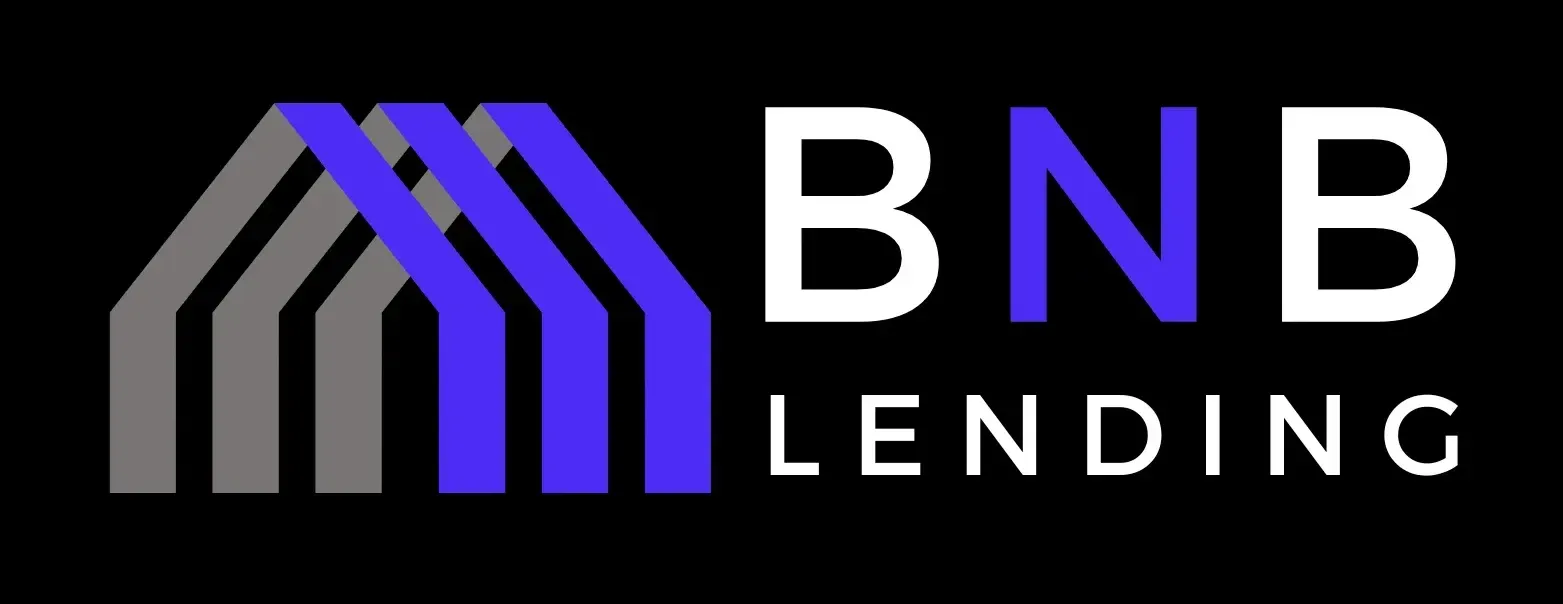
DSCR LOANS
Grow Your Portfolio with DSCR Loans
Whether you’re financing multi-family units, commercial properties, or single-family rentals, our DSCR loans provide the flexibility and competitive rates you need to grow your real estate portfolio!
Perfect for real estate investors who want to leverage rental income to secure financing. You don’t need to worry about personal income or credit scores. Instead, we focus on your property’s cash flow and its ability to cover the loan payments.
How to qualify
To obtain a quote, we will need the following information:
Property Value and
Purchase Price
Down Payment
Amount
Credit Score
Asset Types
- Single Family Homes
- Townhomes
- Condos
- 2 - 4 Units (Duplex, Triplex, Quadplex)
- Multi-Family: 5 - 8 Units
- Mixed-Use: 2 - 8 Units
- Multi-Family: 9+ Unit
Loan Terms
- Loan Sizes:
$100k up to $3.5 Million (Larger loan sizes available on a case by case basis)
- Purchase LTV:
Up to 85%
- Rate & Term Refinance LTV:
Up to 80%
- Cash Out Refinance LTV:
Up to 80%
- Amortization:
30 Year % 40 Year Amortization Options Available
- Term Lengths:
5/6 ARMs, 7/6 ARMs, 10 Year Interest Only, 30 Year Fixed & 40 Year Fixed
- Floor Rate:
5.50% (subject to change daily due to market volatility)
- Full Recourse
with personal guarantee required for all borrowers with majority ownership (typically 20%+ or 25%+ if closing in an Entity)
- DSCR Requirement: 1.00x or greater depending on loan size and property type. Sub-1.00x DSCR and NO DSCR options available.
- Vesting:
Lending to Individuals, LLCs, and Corporations. Trusts Allowable on a Case by Case Basis.
- Average Time to Close:
14 to 35 days
Wondering if you qualify for investment property financing in your area?
Frequently Asked Questions
What is a DSCR loan and how does it work for real estate investors?
A DSCR loan (Debt Service Coverage Ratio loan) is a type of financing designed specifically for real estate investors who want to qualify based on a property's rental income instead of personal income.
Unlike traditional home loans, DSCR loans assess whether a property can generate enough cash flow to cover its debt service—including loan payments, taxes, and insurance.
The focus is on the asset, not the borrower’s job or tax returns, making it ideal for self-employed individuals or those with complex financials. Because DSCR loans are considered a non-qualified mortgage loan, they offer greater flexibility but may carry slightly higher rates.
Lenders calculate the DSCR ratio by dividing the property’s income by its debt obligations. If the coverage ratio is 1.0 or higher, the investment is considered viable. These loans allow investors to scale their portfolios using the strength of the property itself, not personal W-2 income.
How is DSCR calculated in a typical loan scenario?
The Debt Service Coverage Ratio (DSCR) is a formula that helps lenders determine whether a rental property generates enough income to cover its loan payments.
To calculate DSCR, divide the property's net operating income by the annual debt obligation. For example, if a property brings in $120,000 per year and the annual debt service is $100,000, the DSCR would be 1.20. That means the property income exceeds what's needed to repay the loan, which is a positive indicator for investors.
A DSCR ratio of 1.00 is generally considered the minimum acceptable level, but some lenders may allow sub-1.00 ratios depending on the loan terms and property type. Understanding DSCR is crucial when applying for DSCR loans, as it determines not only eligibility but also impacts interest rates and loan size. Higher DSCR values usually mean better rates and fewer requirements for down payments or reserves.
What is considered a good DSCR ratio when applying for financing?
A good DSCR ratio typically starts at 1.00, meaning the property generates enough rental income to fully cover its loan payments and operating costs. However, many lenders prefer a DSCR of 1.25 or higher, as this indicates strong positive cash flow and a cushion for unexpected expenses.
A higher coverage ratio improves your chances of approval and can help you qualify for more favorable loan terms, including better interest rates or lower reserve requirements. For real estate investors, a higher DSCR ratio is a sign that the property is stable and self-sustaining. That’s especially valuable when scaling a portfolio using DSCR loans instead of relying on W-2 income.
Some lenders may allow ratios below 1.00 for experienced investors with strong overall portfolios, but these cases are evaluated on a case-by-case basis and may involve higher down payments or stricter underwriting.
Can I qualify for a DSCR loan if my personal income is limited?
Yes. One of the biggest advantages of a DSCR loan is that it allows you to qualify based on the property’s rental income, not your personal income. That means W-2s, tax returns, and personal DTI ratios are typically not part of the qualification process. These loans are ideal for self-employed individuals, business owners, or real estate investors with non-traditional income sources. Lenders focus on the debt service coverage ratio, which evaluates whether the income generated by the property is enough to cover the loan payments. As long as the DSCR is sufficient—usually 1.00 or higher—you may be eligible even if your personal financials are complex or unpredictable. This makes DSCR loans a popular option among investors who own multiple properties or those looking to build a portfolio without depending on their personal earnings.
How does a lender evaluate rental income when approving a DSCR loan?
When evaluating a DSCR loan, lenders look directly at the rental income the property is expected to generate—or is currently generating—to determine whether it can support the loan payments. Unlike traditional mortgages that rely on W-2s or tax returns, DSCR loans use property income as the main qualifying metric. Lenders typically review lease agreements, appraisals with market rent analysis, or Airbnb/STR income history. From there, they calculate the debt service coverage ratio (DSCR) by dividing the net operating income by the proposed debt obligations. A DSCR of 1.00 or higher generally indicates that the property can fully support the loan, making it a low-risk investment for the lender. This business-forward approach allows experienced investors to qualify based on asset performance, not personal finances. It also creates flexibility to expand your real estate portfolio without being limited by personal DTI.
What’s the minimum debt service coverage ratio required for approval?
The minimum debt service coverage ratio required to qualify for a DSCR loan is usually 1.00, meaning the rental income equals the property’s annual debt obligations. However, some lenders allow for lower DSCRs—down to 0.75 in some cases—depending on other factors like credit score, down payment, and overall real estate portfolio strength. While sub-1.00 DSCRs are riskier for the lender, strong borrowers with significant equity or reserves may still qualify. A higher coverage ratio (1.25 or above) not only improves approval odds but can also result in better loan terms, such as reduced rates or fewer requirements for reserves. The DSCR requirement can also vary depending on property type, location, and loan size. Understanding where your property income stands in relation to debt is key before applying, and our team can help you calculate this using our DSCR calculator.
Who should consider using a DSCR instead of a traditional loan?
DSCR loans are ideal for real estate investors who want to qualify based on rental income rather than personal W-2s or tax returns. If you're self-employed, own multiple properties, or have fluctuating income, a traditional loan might not reflect your true borrowing potential. DSCR loans use a business-style underwriting model, allowing the property itself to qualify for the loan based on its debt service coverage ratio. These loans are especially useful for investors scaling quickly or managing short-term rental portfolios. Since many traditional lenders cap the number of financed properties, DSCR loans offer more room for growth. They also work well for those purchasing through LLCs or corporations, where flexibility is critical. If you're focused on building a real estate portfolio with fewer personal restrictions, DSCR is a compelling alternative to standard residential loans.



